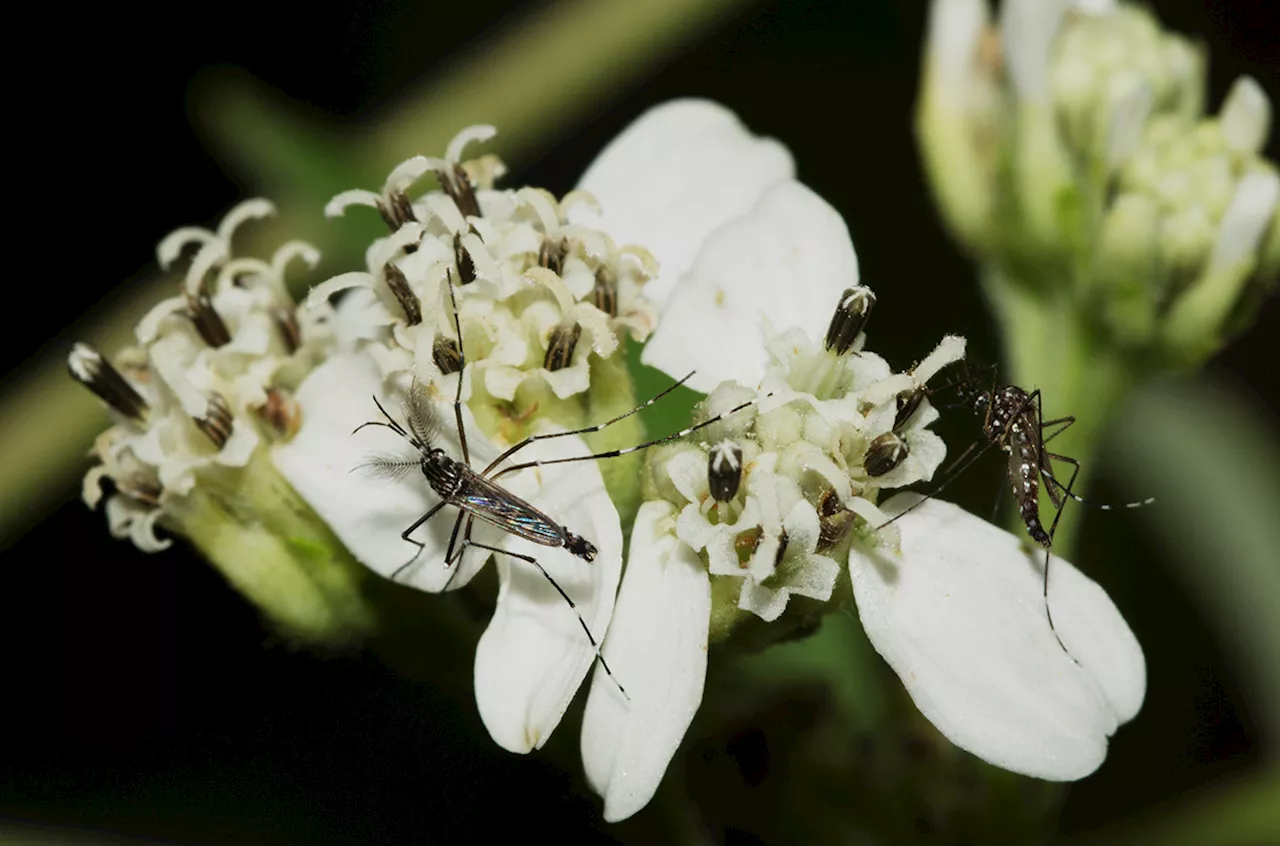Newly identified microbe disables the viruses before they can infect the insects, potentially reducing disease transmission in people
. But an extra weapon to help control mosquito-borne diseases is welcome—especially as the insects become resistant to current insecticides. The new study is “promising,” says Nsa Dada, a vector biologist at Arizona State University who was not involved in the work. “It’s important that we explore … new tools that can complement existing control measures.”
Indeed, such control might already be happening in nature. In parts of Yunnan where dengue is rare, Cheng’s team found lots of mosquitoes harboringYN46, whereas in dengue-endemic areas, it was almost absent—a correlation that warrants further investigation, McGraw says.
United States Latest News, United States Headlines
Similar News:You can also read news stories similar to this one that we have collected from other news sources.
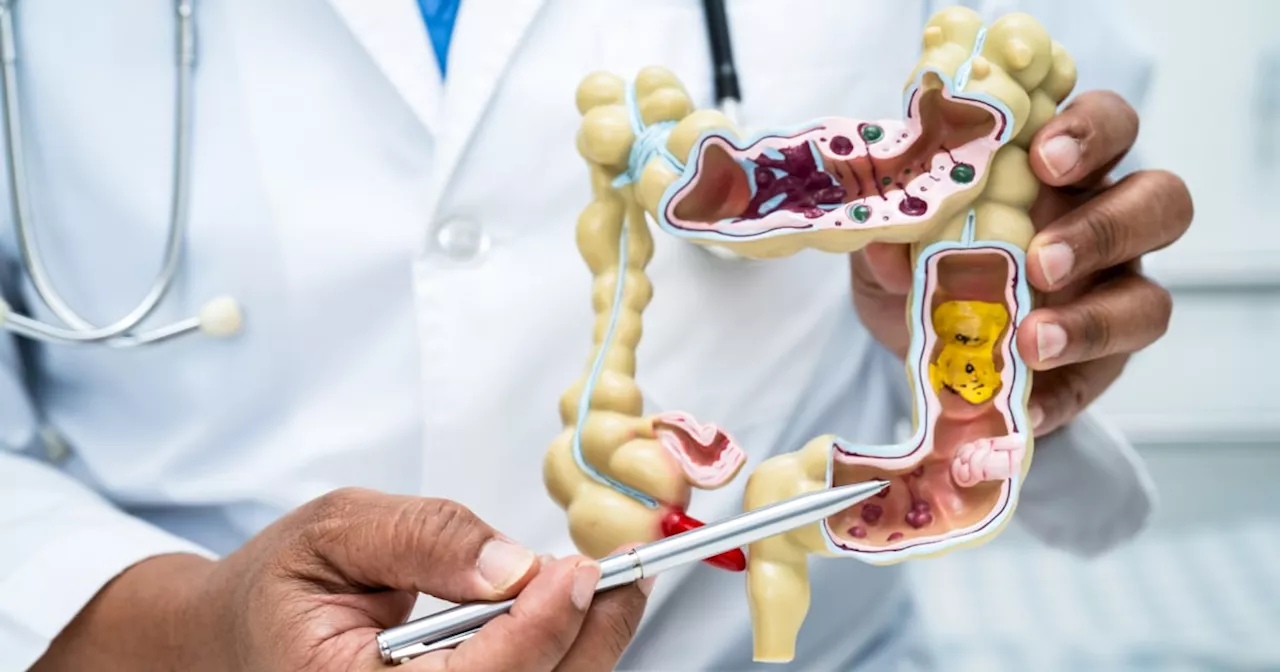 Aggressive colon cancer: Newly identified bacteria found in half of tumors may drive growthKaitlin Sullivan is a contributor for NBCNews.com who has worked with NBC News Investigations. She reports on health, science and the environment and is a graduate of the Craig Newmark Graduate School of Journalism at City University of New York.
Aggressive colon cancer: Newly identified bacteria found in half of tumors may drive growthKaitlin Sullivan is a contributor for NBCNews.com who has worked with NBC News Investigations. She reports on health, science and the environment and is a graduate of the Craig Newmark Graduate School of Journalism at City University of New York.
Read more »
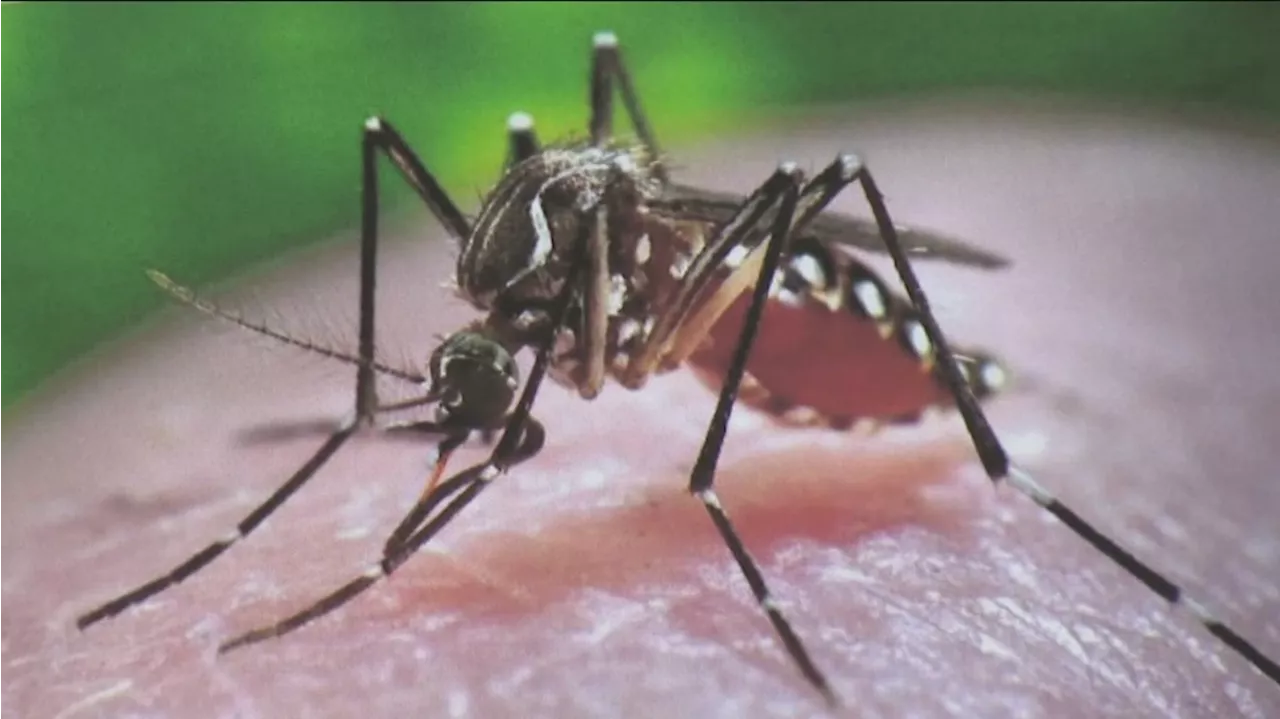 Invasive 'ankle biter' mosquitos detected in San DiegoThe Aedes mosquitos can transmit diseases like Dengue, Yellow Fever, Zika and Chikungunya.
Invasive 'ankle biter' mosquitos detected in San DiegoThe Aedes mosquitos can transmit diseases like Dengue, Yellow Fever, Zika and Chikungunya.
Read more »
 Potential treatment targets for Zika virus-related eye abnormalitiesA groundbreaking study presents crucial insights into the ocular effects of Zika virus infection during pregnancy and offers promising avenues for therapeutic intervention.
Potential treatment targets for Zika virus-related eye abnormalitiesA groundbreaking study presents crucial insights into the ocular effects of Zika virus infection during pregnancy and offers promising avenues for therapeutic intervention.
Read more »
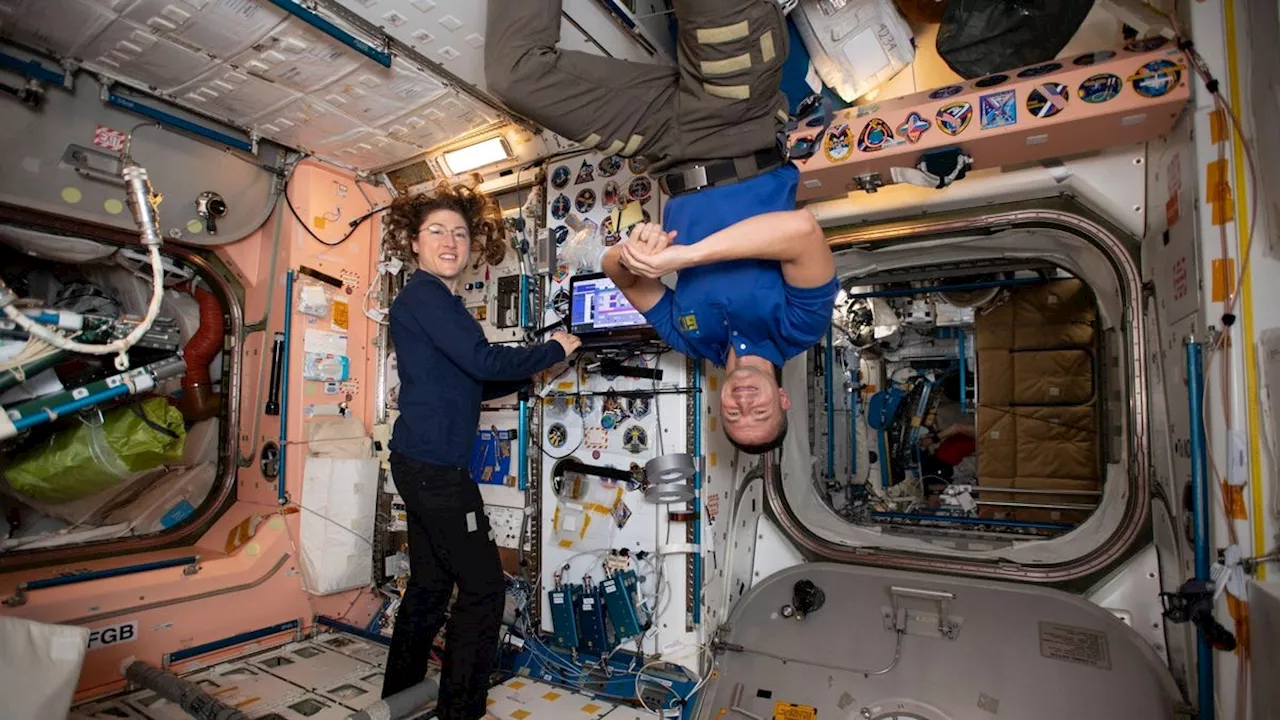 Mutated Strains of Unknown Drug-Resistant Bacteria Found Lurking on ISSIt’s not clear how the space bacteria may affect the health of astronauts on the ISS—or humans back down on Earth.
Mutated Strains of Unknown Drug-Resistant Bacteria Found Lurking on ISSIt’s not clear how the space bacteria may affect the health of astronauts on the ISS—or humans back down on Earth.
Read more »
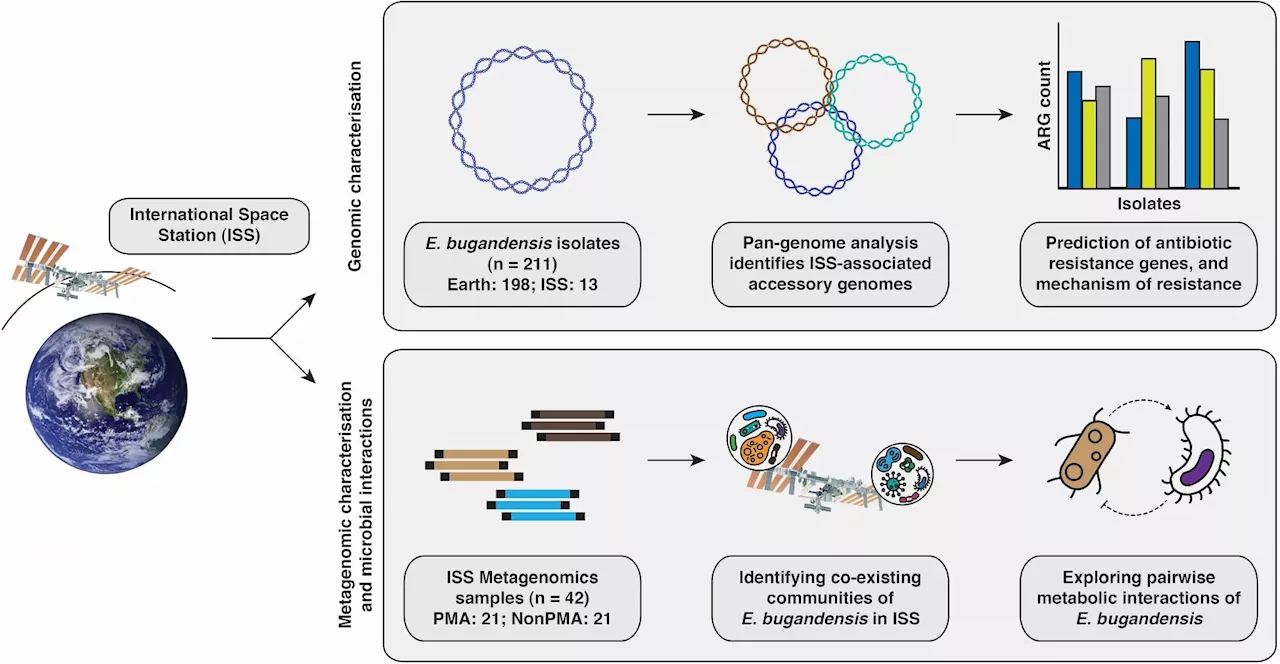 Multi-drug resistant bacteria found on International Space Station mutate to become functionally distinctPrincipal Investigator Dr. Kasthuri Venkateswaran of NASA's Jet Propulsion Laboratory led a team that studied 13 strains of the bacterial species Enterobacter bugandensis that were isolated from the International Space Station (ISS). E. bugandensis is a bacterium notorious for being multi-drug resistant.
Multi-drug resistant bacteria found on International Space Station mutate to become functionally distinctPrincipal Investigator Dr. Kasthuri Venkateswaran of NASA's Jet Propulsion Laboratory led a team that studied 13 strains of the bacterial species Enterobacter bugandensis that were isolated from the International Space Station (ISS). E. bugandensis is a bacterium notorious for being multi-drug resistant.
Read more »
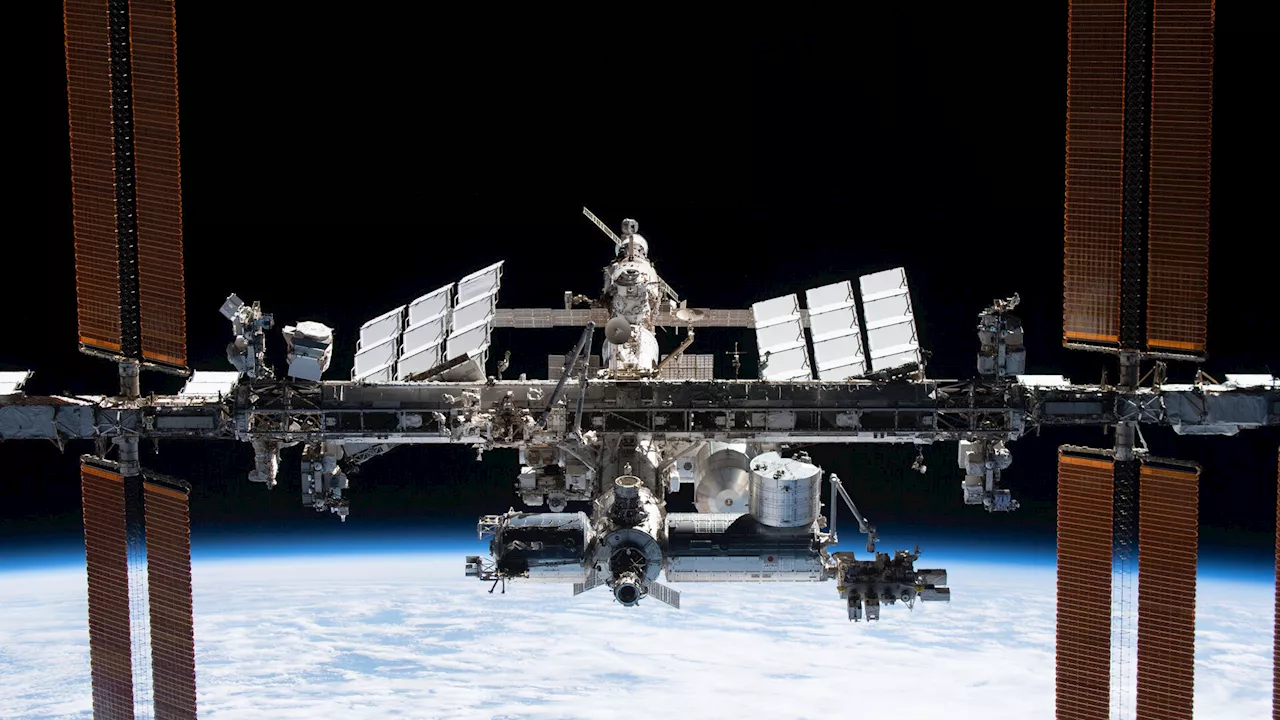 Space environment drives mutation in E. bugandensis bacteria found on ISSIn space conditions, the highly pathogenic bacteria Enterobacter bugandensis becomes even more dangerous due to its smart mutation skills.
Space environment drives mutation in E. bugandensis bacteria found on ISSIn space conditions, the highly pathogenic bacteria Enterobacter bugandensis becomes even more dangerous due to its smart mutation skills.
Read more »
